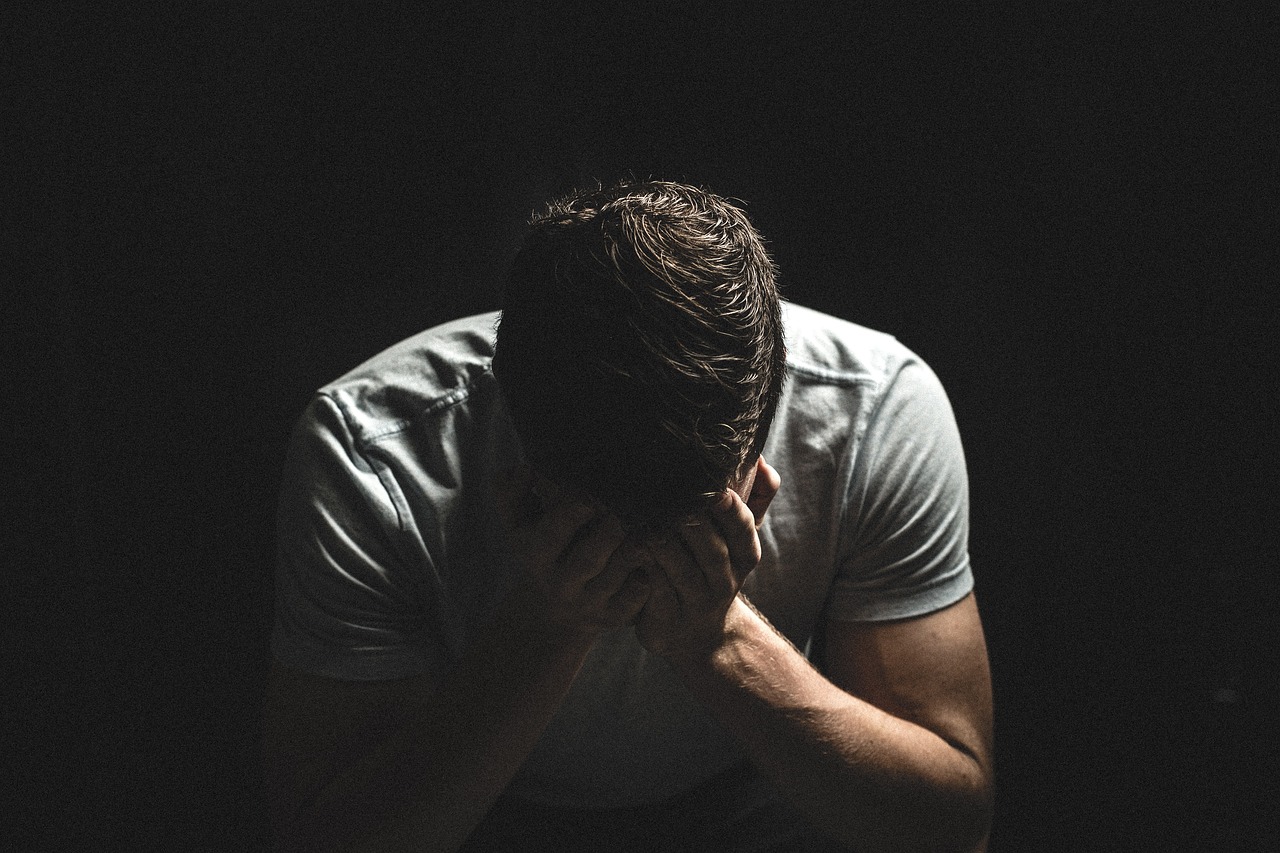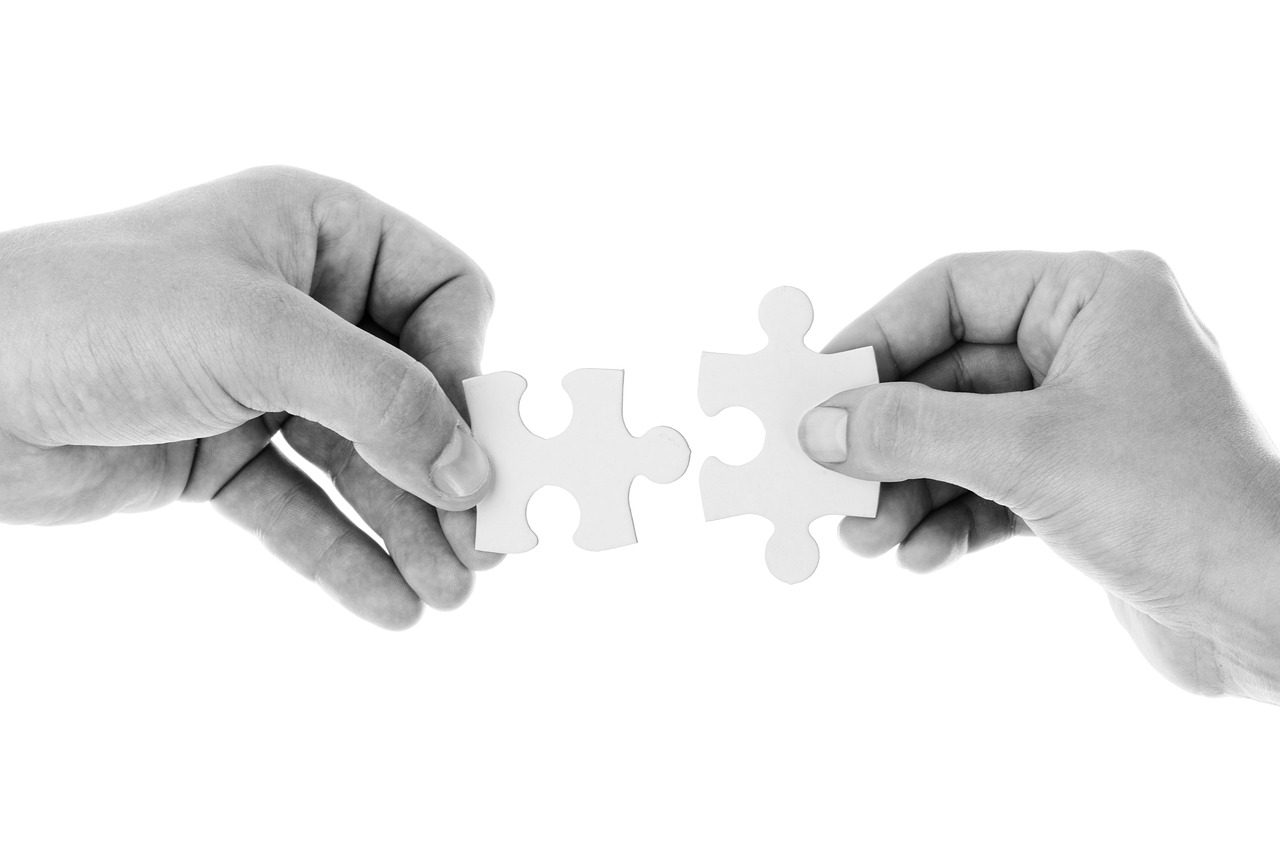Low libido, or low sex drive
Symptoms of low libido is when someone experiences a decreased interest in sex and sexual activity. Low libido affects many men, and it can have devastating effects on one’s love life and self-image. Imagine having your hand on JLO’s and still not being interested. That can really be a bummer. There are many causes of low libido, but luckily there is treatment. It is normal to experience periods of low libido over time, but when it is a long-term problem, looking deeper into the cause is recommended.
Low Testosterone
Testosterone, the male hormone responsible for muscle building, bone mass, and sperm production can affect your libido, especially when testosterone levels are low, also known as Low T. If you are experiencing Low T, you are likely experiencing decreased libido.
Testosterone levels in males peak in adolescence and early adulthood, but then testosterone levels usually decline by around 1% each year starting around age 30.
While Low T does not necessarily lead to erectile dysfunction, it can interfere with your sex life in terms of decreased libido. Other symptoms of Low T include:
- Depression
- Fatigue
- Reduced muscle tone
- Body and facial hair loss
Side Effects of Other Medications
Certain medications and at times entire classes of drugs, and even some over the-counter medications can cause low sex drive if taken for long periods of time. The most common classes of drugs that cause low sex drive include:
- Antidepressants
- Antipsychotics
- Anticonvulsants
- Beta-blockers
- Benzodiazepines
- Statins
- Tagamet (cimetidine)
- Anabolic steroids
- Corticosteroids
- Opioids
- Ketoconazole
- Chemotherapy or radiation treatment for cancer
- Hormones to treat prostate cancer
While not always possible for chronic conditions, sometimes stopping or changing, or adjusting the dose of the suspected medication can reverse low sex drive. Never stop taking a prescribed medication without consulting your doctor.
Depression
Depression and low sex drive seem to go together. Not only can depression be a side effect of low sex drive, but depression itself can cause low sex drive. This can make a bad situation even worse. To make matters worse, for some people anti-depressants can not only make low sex drive worse, it can also possibly worsen depression.
Depression can be caused by internal actors such as chemical or hormone imbalance but can also be affected by lifestyle and real-world experiences. Relationship problems, PTSD, anxiety, and long periods of stress can all be additional factors into depression.
If you are experiencing depression and have been prescribed an anti-depressant that is making your depression or low sex drive worsen, that doesn’t necessarily mean that no anti-depressant will work. In fact, many people have to try a few different medications to find the right one. So don’t give up just yet, talk to your doctor about trying something new or lowering your dose. Also keep in mind that it may take time for these side effects to go away, and with anti-depressants, it can take up to 2 weeks or longer before you start noticing the benefits.
Furthermore, with treating depression, therapy might help. Some factors of depression are not so easily treated by medication, especially lifestyle factors. Trying out therapy doesn’t make you weak – it means you’re strong enough to seek the help you might need.
Sleep Problems and Stress
A recent study found that sleep restriction to only 5 hours per night in young men for only 1 week caused decreased testosterone levels between 10-15%. That is just one week of 5 hours of sleep, now imagine if you do this long term. Getting adequate sleep affects much more than low testosterone, so getting adequate sleep of 7.5-9 hours per night is vital.
Stress can be cumbersome and can affect low sex drive simply by occupying your mind with distractions. However, stress can also trigger the production of cortisol. Cortisol causes the constriction of blood vessels, can cause testosterone levels to drop, as well as contribute to erectile dysfunction.
Stress goes hand-in-hand with sleep problems, specifically it can cause insomnia. We have just touched on the effects of lack of adequate sleep, but now you know that moderating stress levels is just as important.
Chronic Illness
The effects of chronic pain and fatigue associated with chronic illness can take a toll on your sex life. For one, when dealing with these symptoms, sex may be low on your list of priorities. Not only can some chronic illnesses cause low sex drive, but some may also even cause decreased sperm production. The most common chronic illnesses that take a toll on your libido may include:
- Arthritis
- Chronic fatigue syndrome
- Diabetes
- Fibromyalgia
- Heart disease
- Chronic lung, heart, kidney, and liver failure
- Obesity
- High blood pressure
- High cholesterol
Lifestyle Factors
Certain lifestyle factors can significantly contribute to low sex drive. Thankfully most of these can be fixed by simply changing or stopping the behaviors.
- Alcohol and drug use – Excessive alcohol consumption or regular alcohol or drug use can result in decreased testosterone levels.
- Exercise habits – too much exercise can increase cortisol levels, which can cause issues with libido. On the flip side, too little or no exercise can affect decreased sex drive in a variety of ways.
- Smoking – Smoking has a positive correlation with erectile dysfunction as well as impairing sexual arousal.
Poor Body Image or Low Self-Esteem
Chances are if you feel unattractive or undesirable, you will be less likely to seek sexual encounters altogether, unsatisfactory sex, or have negative experiences due to the low confidence.
 Having low confidence or poor body image can take a major toll on your well-being and emotional health. Having low self-esteem for long periods of time can lead to depression, anxiety, or even drug/alcohol abuse, all which can affect your sex drive.
Having low confidence or poor body image can take a major toll on your well-being and emotional health. Having low self-esteem for long periods of time can lead to depression, anxiety, or even drug/alcohol abuse, all which can affect your sex drive.
Treatment
Treating low sex drive often relies on treating the underlying issue. For many of these problems, seeking out advice and treatment from medical professionals is key.
There are also other small steps you can take to treat low sex drive on your own, such as:
- Getting adequate seep
- Living a healthier lifestyle and cutting out drug/alcohol use
- Eating a healthier diet
- Managing stress













